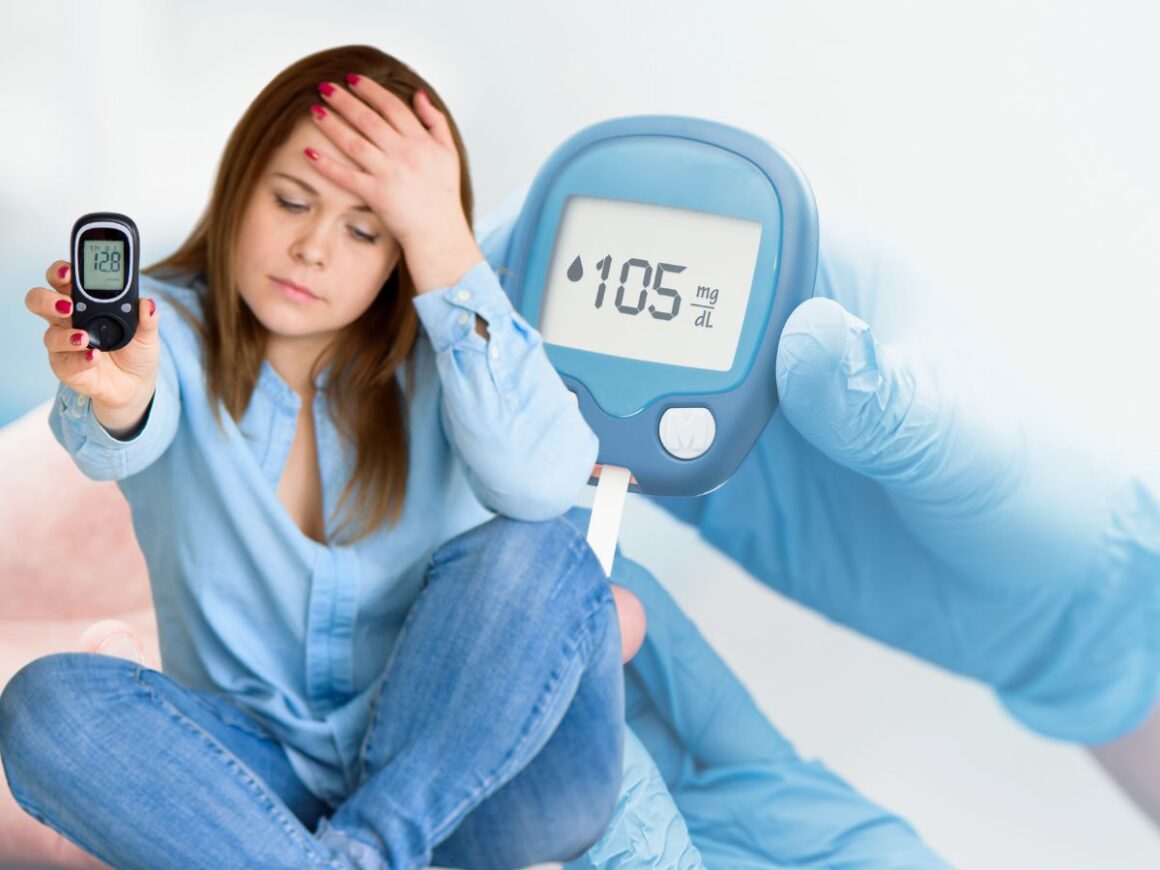Navigating through the world of diabetes control, it’s crucial for sufferers to keep a keen eye on the somewhat perplexing rise of morning high blood sugars. Any significant shifts can affect the general health of the individuals, fast-forwarding the deterioration of their diabetic symptoms. By examining the prime risk factors behind these spikes, individuals can gain a better grasp of how to control their ailment efficiently while keeping potential complications at bay.
What Is Morning Blood Sugar Spike?
Let’s talk “dawn phenomenon”. This term refers to that sudden increase in sugar levels that typically spring up first thing in the morning, particularly between 2 a.m. and 8 a.m. A natural thing for our bodies to do, but one that raises particular concern for those dealing with the daily hurdles of diabetes, particularly when trying to keep blood sugar steady.
Hormonal Imbalance
A leading culprit behind these high morning blood sugar peaks is an off-balance hormonal system. Nighttime brings about the release of hormones like cortisol and growth factor hormones, crucial for things like cell repair and maintaining energy levels. For those battling diabetes, this influx of hormones can stimulate liver-induced glucose production, meaning a spike in sugar levels when they wake up.
Insufficient Insulin Production At Night
Another primary player in driving morning sugar spikes is an insufficient insulin supply during the night. This hormone plays a vital part in sugar control as it helps get glucose into cells to produce energy. When your body fails to produce enough insulin at night, you end up suffering blood sugar spikes in the morning.
Excessive Carb Intake
Those with diabetes need to exercise masterful control over their carbohydrate intake for perfect blood sugar balance. Late-night high carb meals or snacks can heighten morning sugar levels, thanks to carbs being metabolized during sleep. Keeping an eye on carb intake and opting for complex carbs with a lower glycemic index can keep these peaks in check.
Sedentary Lifestyle
Regular physical activity is a crucial part of the puzzle in maintaining sugar levels and improving insulin sensitivity. Living a sedentary lifestyle or not exercising regularly is another risk factor that contributes to morning blood sugar spikes. Evening routines, especially, can lower these levels and cut the chances of having morning sugar highs.
Not Sleeping Properly and Stress
The dangerous duo of ongoing stress and lousy sleep can do a number on blood sugar regulation and add to the morning sugar surge. Stress hormones affect glucose levels, while lack of sleep can toss the hormonal balance and insulin sensitives out of whack. Giving stress-reducing techniques and good sleep habits top billing is a must for keeping blood sugar steady.
All the risk factors mentioned-above can contribute majorly to blood sugar spikes in the morning. Be careful of the triggers, and make sure to manage the condition under doctor’s advice as early as possible.

